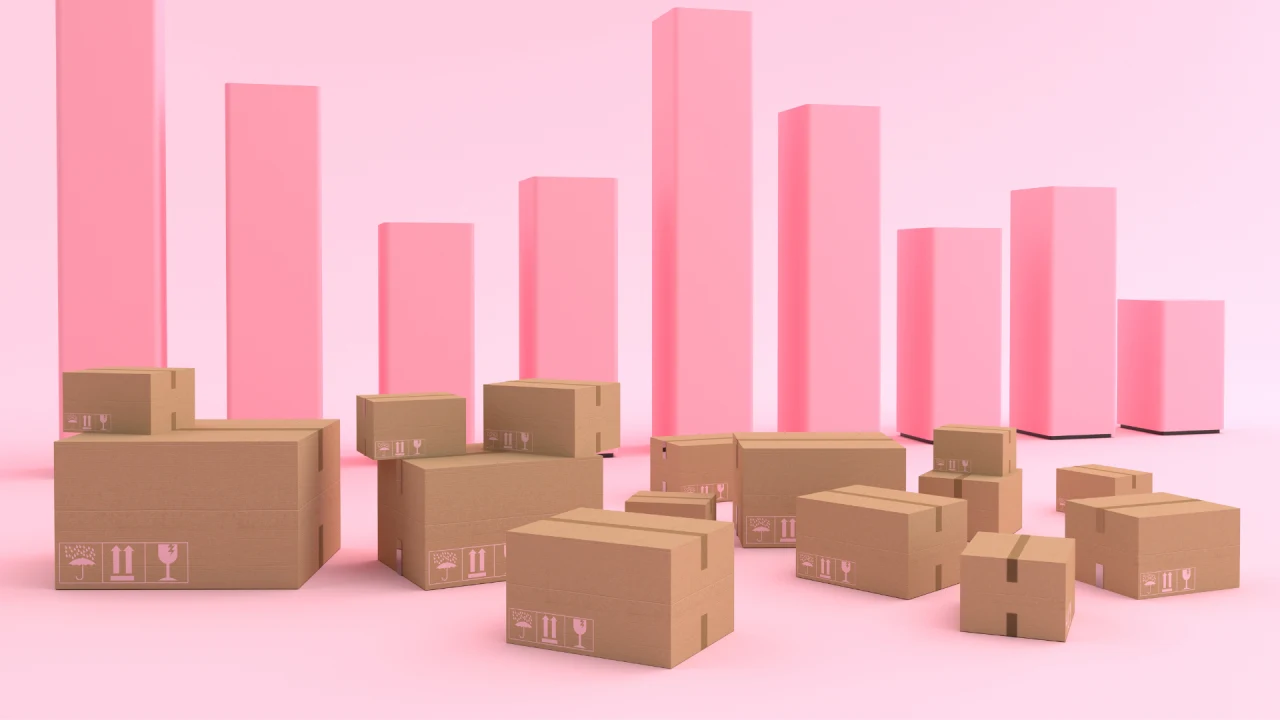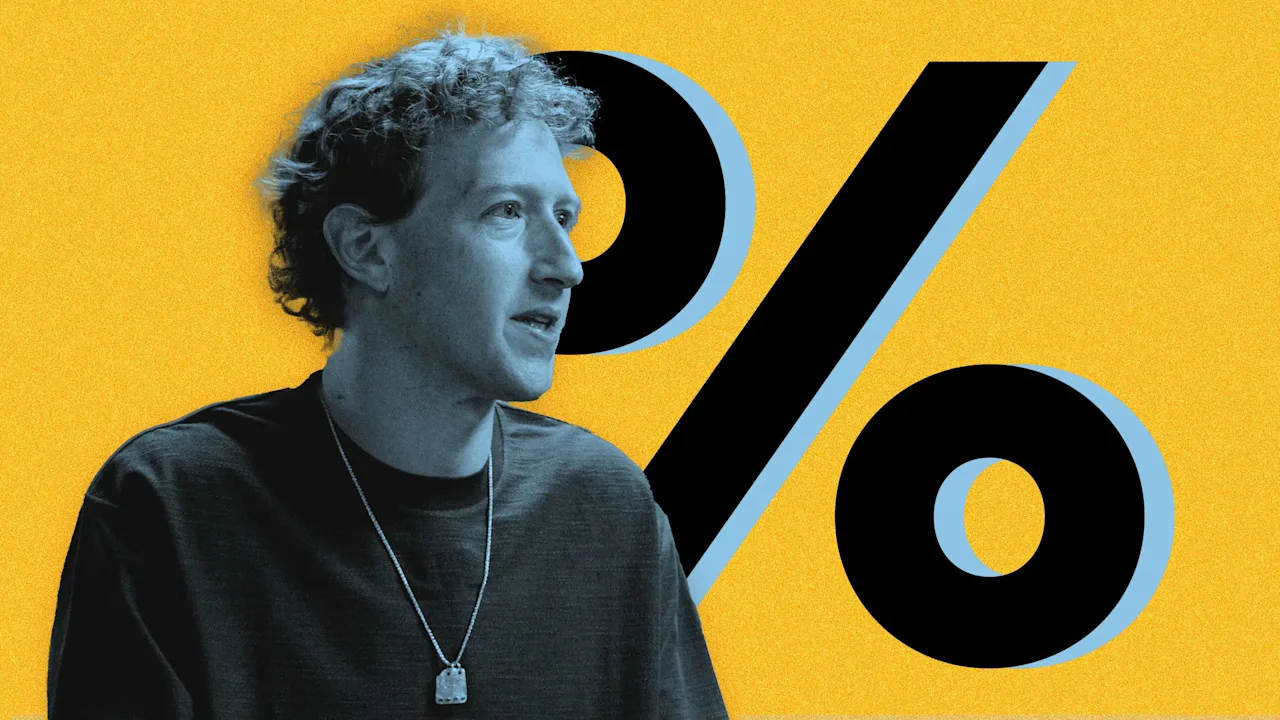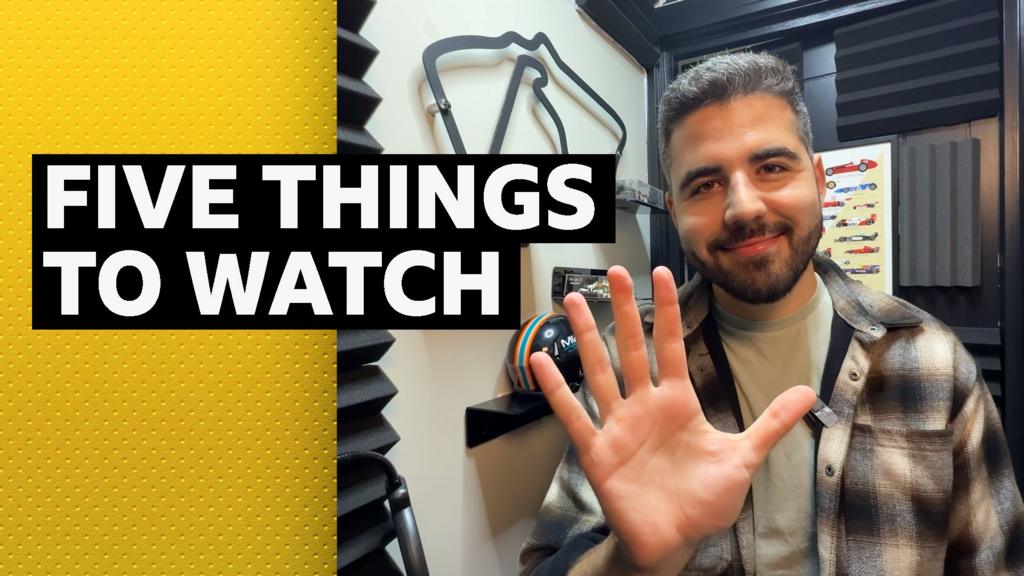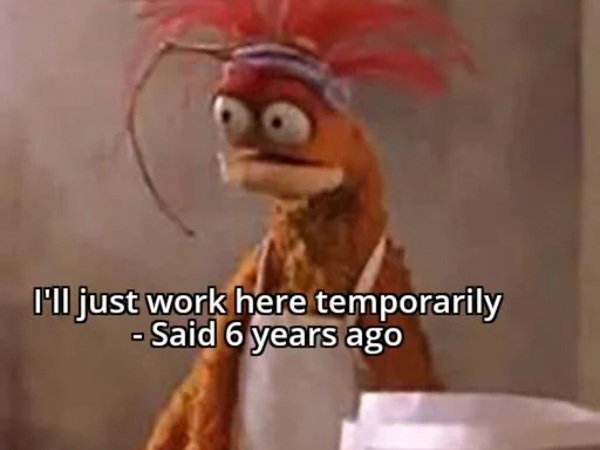Consumers win in Big Tech antitrust cases

Can you imagine your life without Google?
Google Search, Google Chrome, Google Maps, Google Wallet, Google Drive, the Google Pixel phone—you could probably live your entire digital life within the Google ecosystem.
Many, including the Justice Department, say that’s a problem. The department recently won antitrust cases against Google’s search engine and ad placement businesses.
This may all feel abstract and perhaps invisible to most consumers. Google, Microsoft, Apple—they constitute the digital water we’re all swimming in, and their monopoly raises prices, stifles innovation, and shapes our lives often to our detriment.
The landmark antitrust case against Google marks a big victory against this status quo. Here’s why it’s so important.
Monopolies create higher advertising costs
Imagine promoting your business in a small town. You might buy an ad in the newspaper, put up a billboard, and run a spot on the local radio. Because these outlets are independent, you have lower prices and more advertising options.
Now, imagine that the newspaper, billboard, and radio station are all owned by the same company. That shifts the dynamic: Because there is no competition for your ad dollars, prices are higher. That’s essentially what the Google Ad business achieved, especially considering how critical digital advertising has become to businesses. People aren’t watching commercials anymore. They’re browsing the web during a commercial break.
Google’s monopoly on digital ads allows it to raise prices, making it harder for smaller businesses to compete and thrive.
Google’s monopoly created a less user-friendly internet
Historically, about 90% of search traffic comes from Google, giving it a lot of power. For instance, Google uses an algorithm that examines web pages to score how relevant it is for search phrases, like “pizza shop Minneapolis” or “leaking fridge how to fix.”
Because Google search is so dominant, people and companies who build and run websites do so with Google’s algorithm in mind. That means the user experience takes a back seat to Google’s preferences. If you’ve been to any recipe website lately, you know what I’m talking about.
In a recent episode of the podcast Stay Tuned with Preet Bharara, former FTC chair Lina Khan noted that a monopoly is when a company can offer worse products and/or raise costs without suffering any substantial consequences in the market.
“You can understand this in some ways as a firm becoming too big to care,” Khan said.
Many say the internet has become increasingly awful to use. The first page of search results are often dreck, in my opinion, written for Google’s robots, not for humans. It’s getting harder to find the information you’re looking for, so a lot of people append their searches with tags for Reddit and YouTube, e.g. “Hiking itinerary New Zealand Reddit” or “best salmon dip recipe YouTube,” to cut through the SEO slop.
Google’s search monopoly could be a chokepoint for information
Because of its dominance, Google can evolve in the direction of its own interests, rather than the interests of the user individually or collectively. It’s not wild to imagine that Google can throttle searches for sensitive topics.
During COVID, a 2020 Senate Commerce Committee hearing called Google CEO Sundar Pichai, Facebook CEO Mark Zuckerberg, and then-Twitter’s then-CEO Jack Dorsey to question them about censoring conservative voices. Back in 2017, the World Socialist Web Site alleged that Google restricted access to 13 progressive and anti-war websites.
For users, the question is not whether Google’s algorithmic policies line up with your political views but whether Google can put its thumb on the scale regarding your access to information, based on what’s advantageous for Google .
It definitely can, and it definitely has.
Monopolies stifle innovation
Google can throw its weight around to thwart competition. In 2023, internet users noticed that YouTube (which Google owns) ran five seconds slower on the Mozilla Firefox browser than on Google Chrome. Ostensibly, Google tuned YouTube to purposely run slower on a competitor’s browser to encourage users to switch to Chrome.
Google, like many large companies, tends to acquire burgeoning competition rather than innovate in-house. Google has acquired hundreds of companies, from data analytics firms to rival search engines, from virtual reality developers to mapping products. When a company can buy out all the competition, consumers lose out on new ideas and better products, because the company has no incentive to pursue them.
The ruling
The ruling found that Google’s default status with makers of smartphones, tablets, and laptops locked out rivals like Bing and DuckDuckGo, and that the integration of Google’s adtech tools created a feedback loop that entrenched its monopoly. Google’s ad business is facing its own antitrust lawsuit and may be broken up. The Department of Justice argues that Google’s dominance in search (and its vast collection of user data) positions Google to achieve a similar feedback loop in AI-powered search and assistants—which could create a new monopoly.
The DOJ has proposed forcing Google to sell Chrome and license some of its core search technologies to competitors, as well as ending default search agreements and allowing more visibility into how search results are ranked. The DOJ proposed Google give advance notice of AI-related acquisitions.
Both sides have given their closing arguments and now await the judge’s ruling, which is expected by August.
This case is a blow against Big Tech in general, which has monopolized almost the entire digital world. I can only hope the FTC’s antitrust case against Meta plays out in a similar fashion, and facilitates a return to a freer, more innovative digital world.
Lindsey Witmer Collins is CEO of WLCM App Studio and Scribbly Books
What's Your Reaction?
 Like
0
Like
0
 Dislike
0
Dislike
0
 Love
0
Love
0
 Funny
0
Funny
0
 Angry
0
Angry
0
 Sad
0
Sad
0
 Wow
0
Wow
0































































































